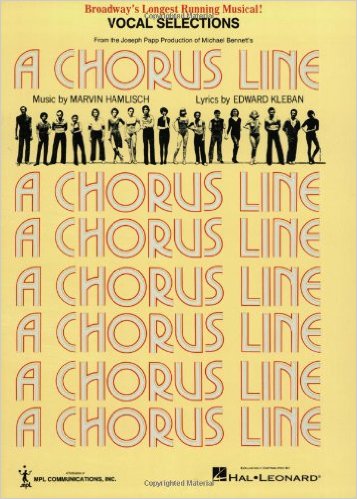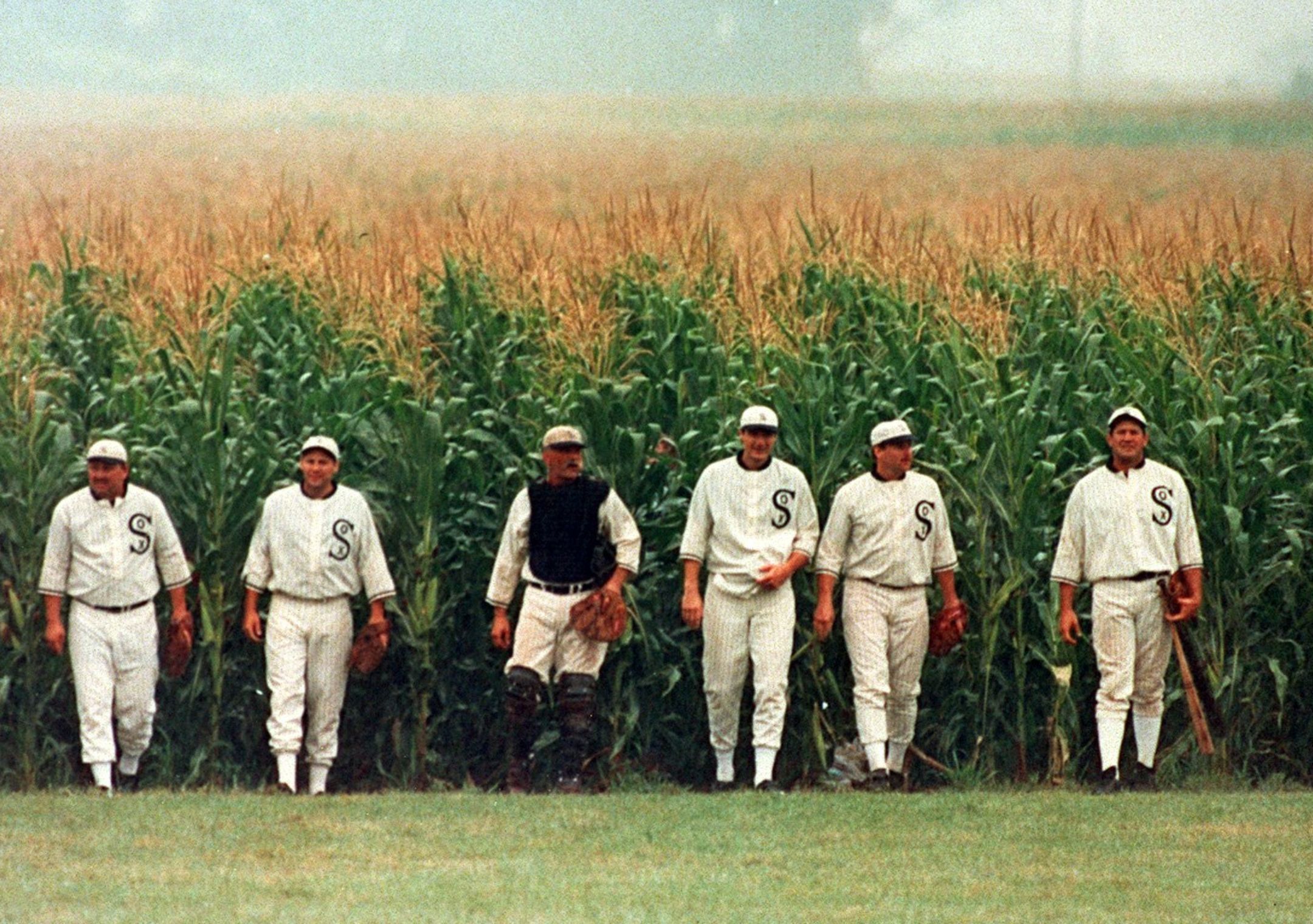|
Whoever said money can't buy happiness was completely wrong. It's true. Psychologists Elizabeth Dunn and Michael Norton wrote in their award-winning Happy Money: The Science of Happier Spending, the way you spend your money can make a big difference in your mood, life satisfaction and overall well-being. Yes, money often fails to buy happiness. But that's only because people are terrible at spending it. The good news, with a little bit of thought and effort, you can use your money to make yourself a lot happier. And that's the point of working so hard to bring home the big bucks, right? Need a little more convincing? These seven facts will have you reaching for your wallet in no time. 1. Spending as little as $5 on someone else makes you a happier person. Wherever you are in the world, whatever you spend the money on (could be a $5 cup of coffee or a $5 life-saving malaria treatment), however much money you spend, spending it on others makes you feel good. In fact, I was recently asked how singles can feel better on Valentine's Day... and I realized that I frequently used this psychology “hack” to get myself excited for holidays. Whether for May Day, Valentine's Day, or a Half Birthday, I’m always sending small gifts to my favorite friends -- then waiting eagerly for their response. Keeping in a $5 to $10 budget, I’ve sent things like:
Again, this isn’t something that only works on Valentine’s Day. Any time you’re feeling down (or up!) spending a little money can boost your mood while making someone you love feel special. 2. Most people have never taken advantage of inexpensive pleasures in their hometown. Many years ago, I had a magical afternoon at Alcatraz with my mom. For under $30 each, we enjoyed a boat ride through the San Francisco Bay to this beautiful, historic island. We spent several hours exploring, learning, and enjoying views of Angel Island and the Golden Gate Bridge. I'm one of approximately two people I know who both lives in the Bay Area and has been to Alcatraz. Yet almost everyone I know who's vacationed here made it a point to visit this lighthouse turned military fortification turned penitentiary turned activist nation. Sure, it's a "tourist" thing. But that doesn't mean it's not totally awesome and worth doing. Not only will you be spending money on an experience (which is proven to make you happier than spending money on things), but you'll make yourself feel more connected to the history, geology, and landmarks around you. I'm not really in a position to criticize. Although I grew up in Iowa, I didn’t make it to the Field of Dreams (you know, where they filmed Field of Dreams) until my early 20s. My afternoon on that green, perfectly-manicured lawn is still fresh in my memory. Swinging a bat over the same home plate as Kevin Costner, racing my brother around the bases — it was like something from... well, a movie. Yet, again, I only know one other Iowa resident who has made the one-hour trek to this “historic” part of our great state. This is bad, people! Most of us don't have the luxury of traveling full-time, so we fall into a “boring” routine that we wish we could bust out of. But we can bust out! Without spending much time or money, you can open up your eyes and live your whole life like you travel. Check out that new restaurant. Be a tourist. Spend a little money on a museum, attraction, competition or event that you haven't tried yet. After all, as Marcel Proust famously wrote, “The voyage of discovery consists not in seeking new landscapes, but in having new eyes.” 3. Spending a little more money can make you a lot less stressed. I get it. Saving money can feel good. Finding the best deal can be a fun challenge... until it’s not. For example, due to an unpredictable change in my travel plans, I found myself stranded, without transportation, in the middle of Wisconsin last summer. Eventually, I was able to hitch-hike to the nearest town, where I spent more time than I’m willing to admit trying to find the cheapest bus and the cheapest car rental and the cheapest hotel. (For future reference, if you have a sudden change in travel plans and want to get your deposit back, do this.) Incurring these unexpected expenses was stressful. All money stuff is stressful. Which is why, eventually, I was like, “This stress isn't healthy and I’ve been sitting here way too long. Screw it. I’m staying in this hotel and I’m taking this bus and I’m booking a new flight home.” The instant I booked my new flight, I felt a surge of relief. And I’ve never looked back. Except to tell myself how stupid and irrational I was for stressing over an ultimately insignificant amount of money. (And, really, for going to Wisconsin in the first place. But that's another story.) Because sometimes, it’s worth spending a little more money to feel a lot less stress. On a similar note, I sometimes hear of mothers either apologizing for hiring a housekeeper, or avoiding hiring one because they feel like they "should" clean on their own and save their money. To them, I ask: what would you rather have? More time with your children? Or a few hundred more dollars in your bank account? If you can afford it, do it -- and don't apologize. 4. You get what you pay for. I'll say it again: I love a good bargain. But not all bargains are good bargains. Take Black Friday, for example. Sure, some of those “door buster” deals are great. Other times, you’re purchasing what retailers call “one-off” or “derivative” products, which are made specifically for Black Friday. These products may not be high-quality, haven’t been subject to product reviews, and the exact features aren’t always listed. Or take clearance racks. Sometimes they’re full of great deals. My favorite pair of jeans was $90, marked down to $9. How often does that happen?! But often, items on the sale rack are there for a reason. There was something funky about that style or garment. You might notice it in the fitting room, or you might not notice it until after you take the tags off. (A good rule of thumb: if there are tons of something on the sale rack, in every size, proceed with caution. There's probably something wrong with it.) Meanwhile, other shoppers find themselves deliberating over buying the thing they like more, or the thing that's a little cheaper. I've done that! That's why I sometimes have to remind myself that the difference between the $20 bra and the $50 one is only $30. I’ve wasted $30 on so many stupid things. But for something that fits me better and more comfortably, that I’m going to wear pretty much every day, it's absolutely worth spending a little more. If I forget to remind myself of this in-store, I'll remember to every time I yank at that stupid underwire in the cheaper bra I shouldn't have bought. (Pretty sure that goes double true for sports bras. When I see women running in cheap sports bras, my boobies hurt for them.) 5. More expensive means better guarantees. I once bought a tent from Marmot, even though it was about twice as expensive as the other tent I was considering. About five years later, the zipper on the rain fly started coming unglued. I complained to the company ... and they sent me a new one. I didn't even have to send back the old one. I just had to write "Warranty Void" on it with a black marker so I couldn't scam them. Likewise, I know when I shop at stores like Title Nine or Athleta that, yes, the clothing is more expensive here. But I love the “give it a workout guarantee.” You can wear something once, twice, ten times... and then decide you don’t like it, and return it (as long as you saved the receipt). If it wears out too quickly, if you don't like the pockets, if it rides up a little in the back -- they'll give you your money back. I love knowing that if I don’t love it, I can return it. Another thing to think about as you're making purchasing decisions is that, if you have the resources to think ahead a little, you don't want to just think about the cost. You want to also consider the cost per wear. When you buy something that is made of a cheaper fabric or a worse design, it's going to wear out faster, so you'll need to replace it more. Men's shoes are a great example of this. I know several dudes who are still wearing the same expensive dress shoes they bought in high school. I also know several dudes who have had to replace their cheaper dress shoes every year since high school. Who do you think is paying more per wear? 6. Let's be real: sometimes, things DO make us happy. In general, it's way better to spend money on experiences, rather than things. But sometimes, things make experiences a lot more fun. For example, I went ice skating in downtown Folsom the other night... and I wore this: Honestly... I almost didn't buy that ridiculous red velvet onesie. Even though it was on clearance. On the one hand, I knew I would almost certainly find the occasion to wear this monstrosity. On the other... is it really the best way to be spending my money? Do I really need more clutter? The answer was yes. Ice skating was amazing. It would have been amazing no matter what I wore. But something about being dressed like this: Made it even more fun. It made me feel goofy and ridiculous, and it freed my imagination. One minute, I was a speedskater. The next, I was Kristi Yamaguchi. This isn't the first completely unnecessary impulse buy I thought I might regret, that ended up bringing me a lot of joy by enhancing other experiences -- especially when it's something I can share with friends! 7. Paying more for things makes us like them more. One of the coolest concepts in psychology is that of cognitive dissonance: the idea that humans want their attitudes and behaviors to match. We feel extremely uncomfortable when they don’t. Because of cognitive dissonance, researchers have found that we sometimes like things more just because we spent more money on them. Our brain feels uncomfortable dissonance when it thinks, “This bottle of wine was $50, and it’s only meh.” So instead, your brain tells you, “This bottle of wine was $50, and it’s the best wine I’ve ever tasted!” fMRI studies show that your brain responds differently to wine you think is cheap versus expensive. Likewise, a study by Baba Shiv found that people who drank more expensive energy drinks completed more brain teaser puzzles than people who bought the same product on sale. So... maybe that bargain wasn’t all you thought it was. 8. Spending a little more money can help you change the world. When possible, I shop local instead of at Walmart. Competitive prices are important to me, but I would always rather empower and enrich small business owners than large corporations. Likewise, spending more money on a free range chicken will not only help support animal rights, but it will also result in higher-quality meat. Buying something that was made using fair labor practices is better than supporting child labor. The trick here is to do your research. Organic doesn’t always mean healthier -- sometimes, it's actually less healthy and more harmful to the environment. Non-GMO rarely means it’s better for your health or the world -- again, it often means it's worse. Even locally-grown foods can increase your carbon footprint. There's no universal definition of “local,” and sometimes, growing local necessitates using more fertilizers or pesticides. But if you have a cause you care about and you’ve done your research and you can afford it, spending a little more money can have profound effects on both your community and the world. *** If you're still reading at this point in the article, it's probably because you're either in a position to consider spending slightly more money than you do... or you're looking for something to be offended by. Obviously, you know your budget better than I do. You need to make the financial decisions that work for you. The point is, if you're lucky enough to be able to spend just a little more, there are some good reasons to consider doing it. Yes, savings are good. Investing is good. But if you can use your money to reduce stress and add joy to your life without throwing off your budget... why wouldn't you?
2 Comments
Zack Z
12/30/2016 10:18:49 am
Your article briefly discusses the use of money to confront uncertainty, especially in the part about being stranded in Wisconsin. Normal consumer stress compounded by unfamiliar surroundings. What is the WiFi password? Is it getting dark already? Will somebody please take my money?
Reply
Honey
4/10/2017 08:51:13 pm
Honey, no one needs to tell ME to spend more money. LOL!
Reply
Leave a Reply. |
About the Author

Eva is a content specialist with a passion for play, travel... and a little bit of girl power. Read more >
Want to support The Happy Talent? CLICK HERE!
Or Find me on Patreon!
What's Popular on The Happy Talent:
Trending in Dating and Relationships:
What's Popular in Science: Playfulness and Leisure Skills:
Popular in Psychology and Social Skills:
Categories
All
|





































 RSS Feed
RSS Feed